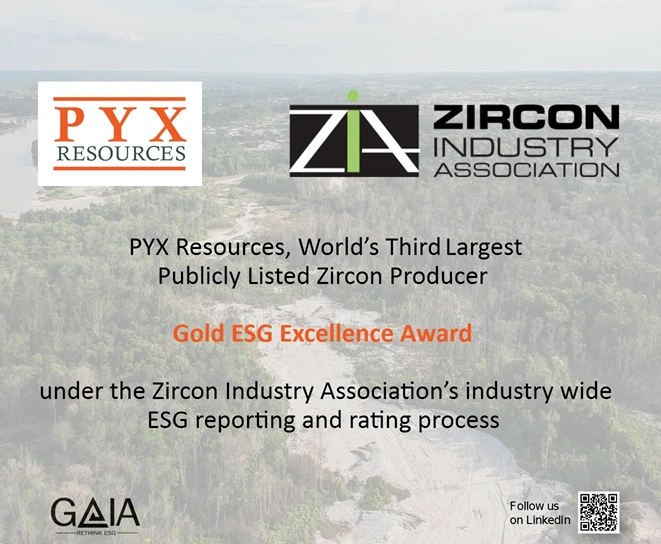The End of the ‘E’
Hong Kong, May 21, 2024
The integration of Environmental, Social, and Governance (ESG) principles in corporate strategies has gained significant traction over the past decade. However, recent observations in the mining industry, particularly our meeting with IGO Limited, suggest an evolution where the traditional emphasis on the ‘E’ (Environment) pillar may no longer hold the same weight.
The Dilemma of Environmental Practices in IGO and Western Australia
At IGO, the effectiveness of environmental initiatives is increasingly being questioned. In order to effectively utilize renewable energy, a company must establish the necessary infrastructure, which is a long-term investment. However, the lifespan of IGO’s mining projects, typically around ten years, is relatively short for the mining industry. This limited duration is insufficient for developing and fully benefiting from renewable energy facilities.
In Western Australia, operating metrics tend to overshadow ESG considerations, as mining companies are more solidly driven by financial performance rather than environmental goals. This underscores a significant challenge: the economic realities of mining operations often limit the extent to which companies can prioritize environmental metrics.
The Limitations of Environmental Metrics
When it comes to reducing carbon emissions (Environmental metric), it is not primarily about new technologies, technical teams, or company actions. Instead, inherent factors such as mine type, ore type, and location play a significant role. These mine characteristics significantly influence a mine’s carbon footprint, leaving limited room for substantial improvements due to actions taken by the technical team.
Additionally, their operations of carbon emissions are basically driven by economic considerations rather than environmental concerns, focusing on improving profit margins rather than minimizing emissions.
As a result, reporting on the ‘Environment’ aspect can be seen as redundant since any emission reductions are already reflected in the financial data. If a company reduces emissions, it is because it provides economic benefits, which are already accounted for in financial statements. Therefore, requesting a premium for carbon emission reductions is impractical. Therefore bringing the irrelevancy of the ‘E’ metrics.
Shifting Focus to Social and Governance Factors
Given these challenges, the social and governance aspects are gaining prominence. These factors are seen as more critical in driving sustainable and ethical business practices in the mining industry and still have premium for better practices.
The Gaia score aims to emphasize the importance of social and governance practices, recognizing that these elements are more within the control of companies and can significantly impact long-term sustainability and stakeholder value.
The end of the environment pillar in ESG does not signify the abandonment of environmental responsibility. Instead, it reflects a pragmatic approach where mining companies like IGO acknowledge the limitations and focus on areas where they can make a meaningful impact. By prioritizing social and governance factors, companies can drive sustainable growth while still being mindful of their environmental footprint through economically viable practices.
About IGO
IGO Limited is engaged in discovering, developing, and delivering products critical to clean energy. Through its upstream mining and downstream processing assets, the Company enables technologies, including the electrification of transport, energy storage and renewable energy generation. Its segments include Nova Operation, Forrestania Operation, Cosmos Project, and Lithium Business. The Nova Operation comprises the Nova underground nickel mine and processing operation which produces nickel and copper concentrates. The Forrestania Operation comprises the Flying Fox and Spotted Quoll underground mines, and the Cosmic Boy processing facility. The Forrestania Operation comprises the Flying Fox and Spotted Quoll underground mines, and the Cosmic Boy processing facility. It also owns and operates an integrated lithium business which includes a 51% interest in the Greenbushes Lithium Mine and 100% interest in the Kwinana Refinery, both of which are located in Western Australia.
Source: Refinitiv





